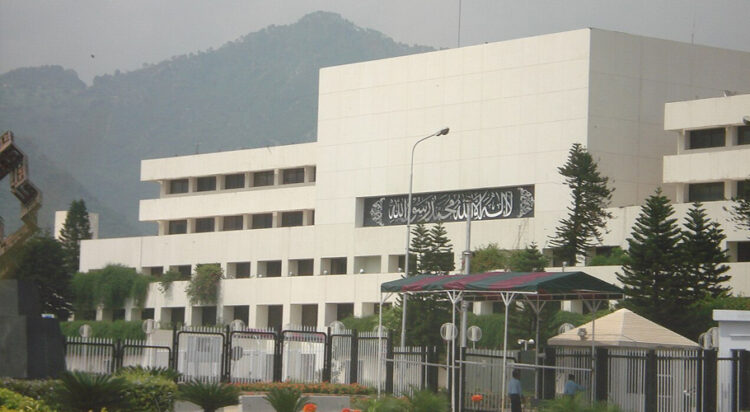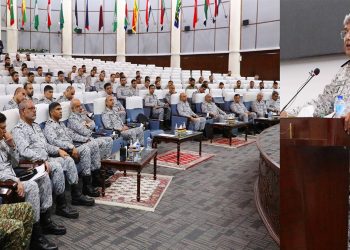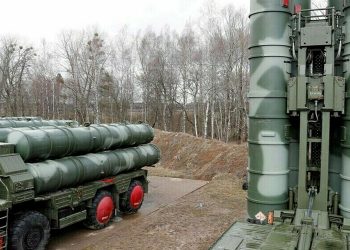The Supreme Court of Pakistan on Friday overturned the Peshawar High Court’s decision and declared Imran Khan’s Pakistan Tehreek-e-Insaf (PTI) eligible for seats reserved for women and minorities. The ruling was delivered by a 13-member bench of the Supreme Court, led by Chief Justice Qazi Faez Isa.
PTI-backed candidates, who had run as independents and won in the February 8 elections after their party was stripped of its election symbol, had joined the SIC to form a coalition of convenience. The Supreme Court’s ruling nullified both the Peshawar High Court’s decision and the election regulator’s decision, deeming them unconstitutional.
What happens now?
The Supreme Court’s decision to grant reserved seats to PTI will significantly alter the party composition in the National Assembly, reducing the ruling coalition’s two-thirds majority to a simple majority. With the allocation of 22 reserved seats to PTI, it will become the largest party in the lower house of Pakistan’s parliament.
Earlier, these 22 seats were distributed among PML-N, PPP, and JUI by the Election Commission of Pakistan (ECP).
Current party position in NA;
| Ruling coalition Opposition |
| PMLN – 108 SIC – 84 |
| PPP – 68 Independent (PTI) – 8 |
| MQM – 22 JUI-P – 8 |
| PML – 5 BNP – 1 |
| IPP – 4 MWM – 1 |
| PMLZ – 1 PKMAP – 1 |
| BAP – 1 |
| NP -1 |
| Total: 210 103 |
Following the Supreme Court’s decision, PTI will hold 115 seats in the National Assembly, depriving the ruling coalition of the two-thirds majority needed for constitutional amendments.



































